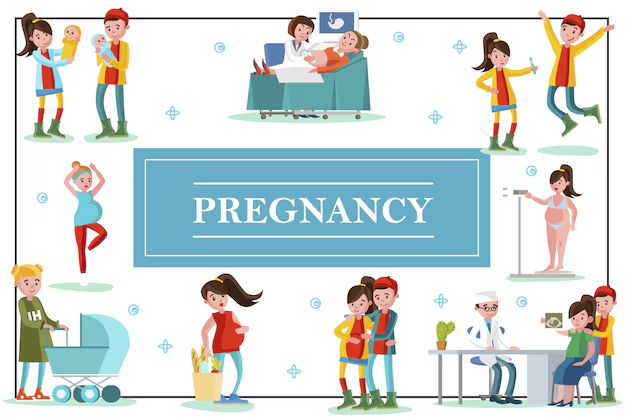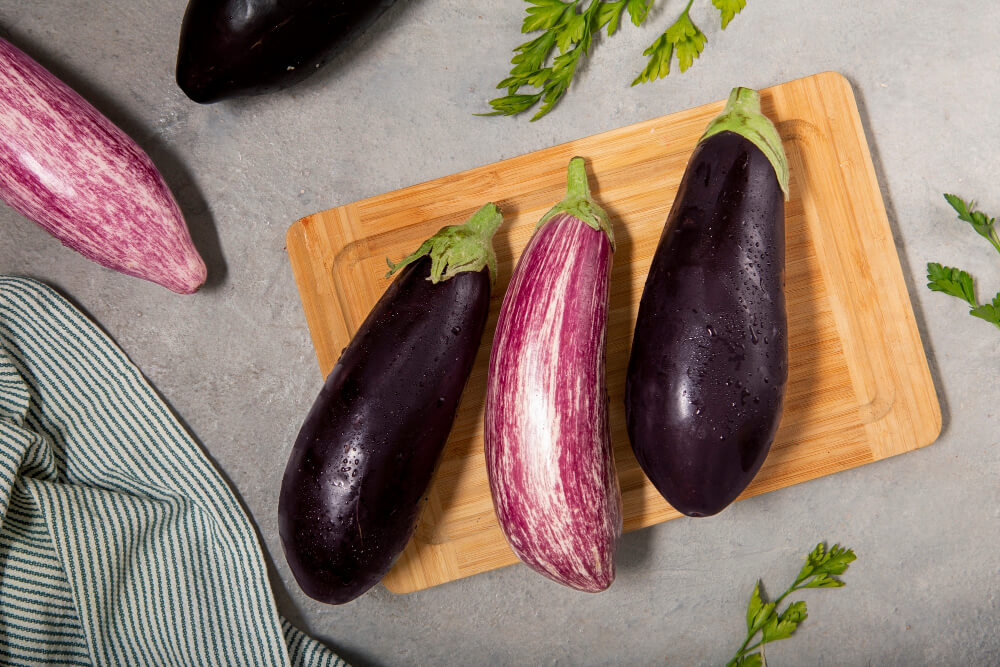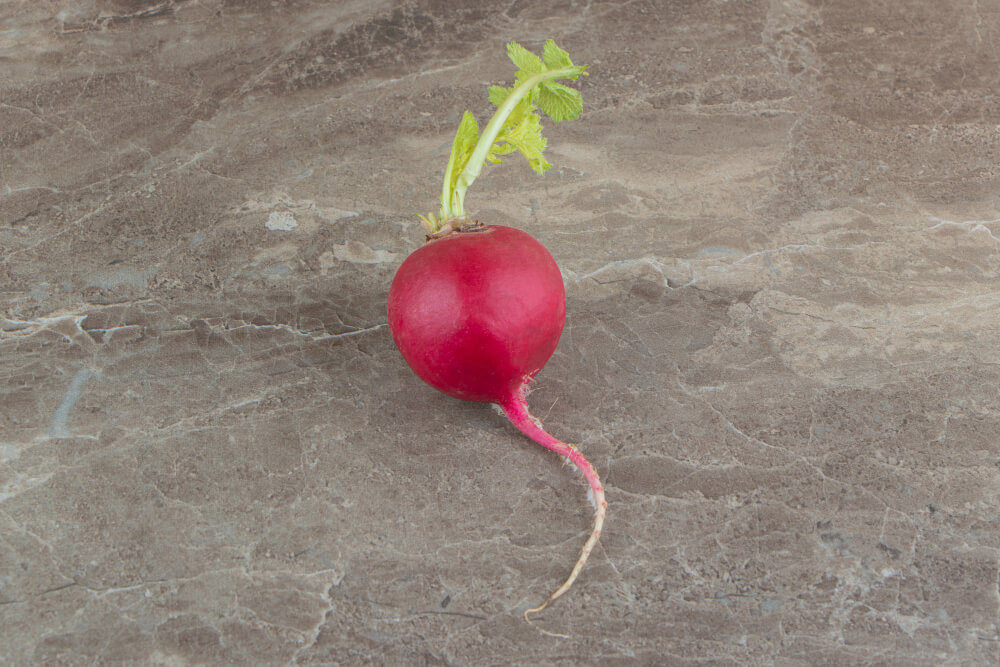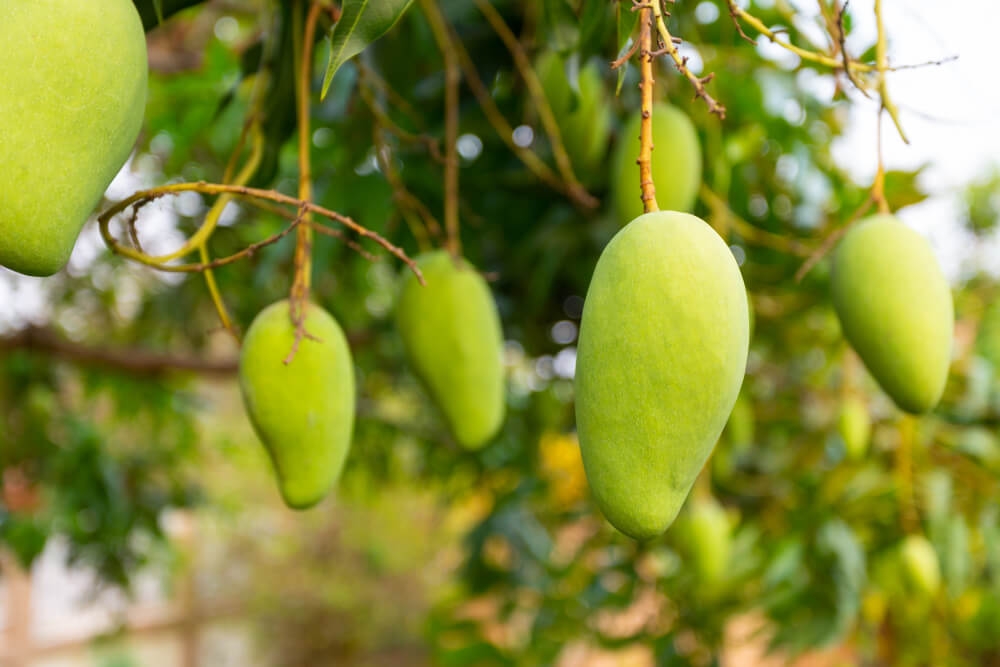Staying hydrated to ease cramps

When period pain strikes, it can feel like your body is working against you. Cramps, bloating, fatigue, and mood swings—these are just a few common symptoms many menstruators face. While heating pads and pain relievers are well-known solutions, there’s one powerful yet often overlooked remedy: staying hydrated.
Drinking enough water may not seem like a miracle fix, but proper hydration plays a critical role in easing menstrual cramps and promoting overall comfort during your cycle. Let’s explore how and why staying hydrated can make your painful days a little easier.
Why Does Dehydration Worsen Period Pain?
During your menstrual cycle, your body sheds the uterine lining through contractions. These contractions are triggered by hormone-like substances called prostaglandins. High levels of prostaglandins can lead to stronger contractions and more intense cramps.
When you're dehydrated, your muscles—including the uterus—can cramp more easily. Dehydration also causes water retention, leading to bloating and increased discomfort. So, not drinking enough water during your period can actually intensify the pain you're trying to relieve.
How Hydration Helps Relieve Cramps
Here’s how water works its magic on your menstrual discomfort:
1. Relaxes Muscles
Proper hydration helps your muscles stay loose and relaxed. Since cramps are caused by muscle contractions in the uterus, staying hydrated helps reduce the intensity and frequency of these spasms.
2. Reduces Bloating
Ironically, drinking more water helps reduce water retention. Your body holds onto fluids when it thinks you're dehydrated. Regular sips of water can flush out excess sodium and reduce the bloated, heavy feeling during your period.
3. Improves Circulation
Hydration promotes better blood flow, which is crucial for reducing inflammation and easing pain. Good circulation helps your body deliver nutrients and oxygen more efficiently, soothing sore muscles and reducing cramp intensity.
4. Supports Digestion
Many people experience digestive issues during their period, like constipation or diarrhea. Drinking water helps keep your digestive system moving smoothly and reduces gastrointestinal discomfort that can add to menstrual pain.
How Much Water Should You Drink?
Most health professionals recommend at least 8–10 glasses (2–2.5 liters) of water a day, but during your period, your needs may increase slightly due to water loss, hormonal fluctuations, and inflammation.
A good rule of thumb: If you’re feeling thirsty, you’re already mildly dehydrated—so sip throughout the day, not just when you remember.
Tips to Stay Hydrated During Your Period
-
💧 Carry a reusable water bottle – Keep it on your desk, bedside table, or in your bag as a reminder.
-
🥒 Eat water-rich foods – Add fruits like watermelon, oranges, and cucumber to your meals.
-
☕ Limit caffeine and alcohol – These can dehydrate you and worsen cramps.
-
🍵 Drink herbal teas – Peppermint, chamomile, or ginger tea not only hydrate but also help soothe period pain naturally.
-
⏰ Set hydration reminders – Use a phone app or alarm to remind you to drink water every hour.
Conclusion
While staying hydrated might not completely eliminate period pain, it is a simple, natural, and effective way to support your body during menstruation. The next time you feel those familiar cramps setting in, reach for your water bottle—you might be surprised how much it helps.
Remember, small self-care habits can make a big difference. So sip smartly, and give your body the comfort it deserves!
Related Articles

Step-by-Step Approach to Boosting Fertility and Getting Pregnant

Dealing with back pain

Hydration tips for nausea

Baby development at 28 weeks

Avoiding stressful situations

Managing heartburn naturally

Baby development at 17 weeks

Baby development at 21 weeks